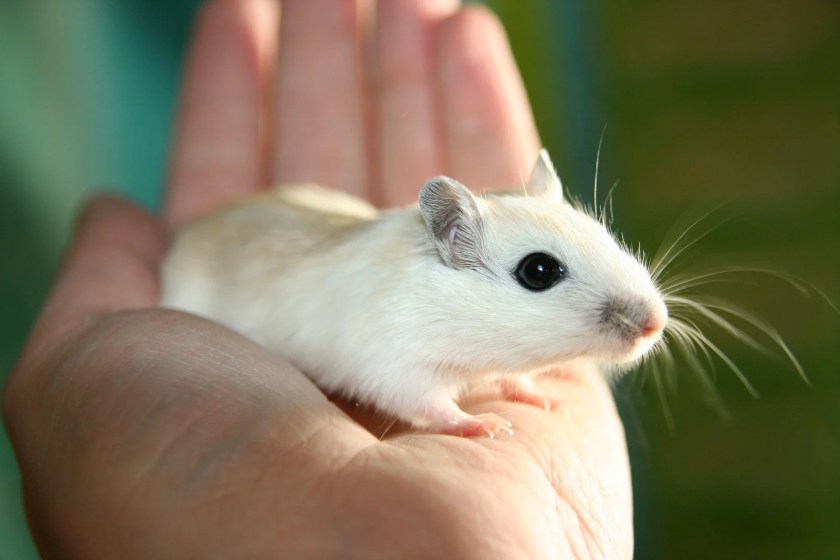

Be honest: which of these two photographs arouses more or all of your compassion.
Both photographs are of overcrowded animals heading for slaughter to be eaten for their meat. As genuine ‘animal lovers’ we should have an equal reaction to both photographs, but most of us will be more concerned at the plight of the dogs because we are more familiar with them. The general rule is that our conscience is more aroused when we see images of companion pets, but accept cruelty to many other animals, particularly livestock as less of a concern or even inconsequential. We are guilty of having preferences when it involves animal suffering and unconsciously grade our level of empathy and compassion towards an animal’s well-being depending on the type of animal and the circumstances involved.
We manage to compartmentalise our compassion.
Our behaviours are rather perverse and hypocritical in the way we view animal suffering and cruelty.We have this peculiar in-built capacity to group certain sections of the animal world into being less worthy of our compassion. This makes it easy for us to use them without being racked with guilt at the way we treat them.
This ranking goes along the lines of dogs and cute baby animals first, followed by cats and horses and then spirals down to those we have little consideration for such a fish and insects, and those we hate like spiders and rats.
We see no problem in confining intelligent free flying birds in small cages.


For instance, there are no campaigns against keeping intelligent, social, free flying birds like parrots and macaws in solitary confinement in small cages, but we consistently argue against battery farmed birds which are unable to fly.
We make it worse in the case of parrots by often taking away their ability to fly by clipping their wings and ignoring their mental suffering. Such is our bizarre attitude of feeling sorry for certain animals in one situation but not in others.
Many children adore keeping rats and mice as pets and they become part of the family, but if a wild one should have the cheek to invade our home we exterminate it by any means possible, whether humane or not. Our lives are full of these contradictory attitudes.
“we have this capacity to unconsciously distance ourselves from any mental discomfort or anxiety certain animals might suffer”
Farm animals are another case in point as we appear unconcerned about the conditions they are kept under but make a great display of emotion when a dog is treated in the same way.

Worse still we label farmed food animals with the unflattering title of livestock, ‘stock’ being defined as a ‘commodity for use or sale’ which when combined with ‘live’ becomes ‘farm animals regarded as assets’. This further distances ourselves from looking upon them as animals with personality or individuality. It re-enforces the conditioning that we receive during childhood that they are just meat producing machines, voraciously eating in the fields to fatten up for us to consume.
Scientific research uses huge numbers of animals and yet again we have this capacity to unconsciously distance ourselves from any mental discomfort or anxiety about the way we use them. This is because most animals used are mice, rats and fish which we have little interest in, but what about dogs and cats?

Our irrational attitude kicks in once again because we even view their suffering as essential to our well-being and so we allow ourselves to condone the use of our beloved dogs, cats and horses, which under other circumstances we would never contemplate and vehemently protest against even though 1,079 of the dogs used in the UK in 2016 suffered moderate to severe pain.
Number of Dogs and Cats used for experiments in 2016
| 2016 | U.K | U.S.A | AUSTRALIA |
| DOGS | 4,607 | 60,979 | 7,698 |
| CATS | 143 | 18,898 | 2,015 |
What makes these poor dogs and cats any different?
The answer is that we may not want them tortured and sacrificed on our behalf, but we cannot contemplate putting their welfare before ours. We believe that the research might help or even save our lives at some stage and so they become beyond our capacity to feel any sympathy towards. They are out of sight and mind and their use doesn’t impact on our lives.
We are all guilty of viewing and treating animals in a different way dependent on the type of animal involved, what we intend to use them for, the circumstances we meet them under and the many influences of our lifestyles, upbringing and attitudes. For all these reasons animal abuse continues unabated and must be inevitable.
If you want to follow my blog and receive the posts by email directly they are published find the black follow button, provide your email address and click.
Updated February 2020

